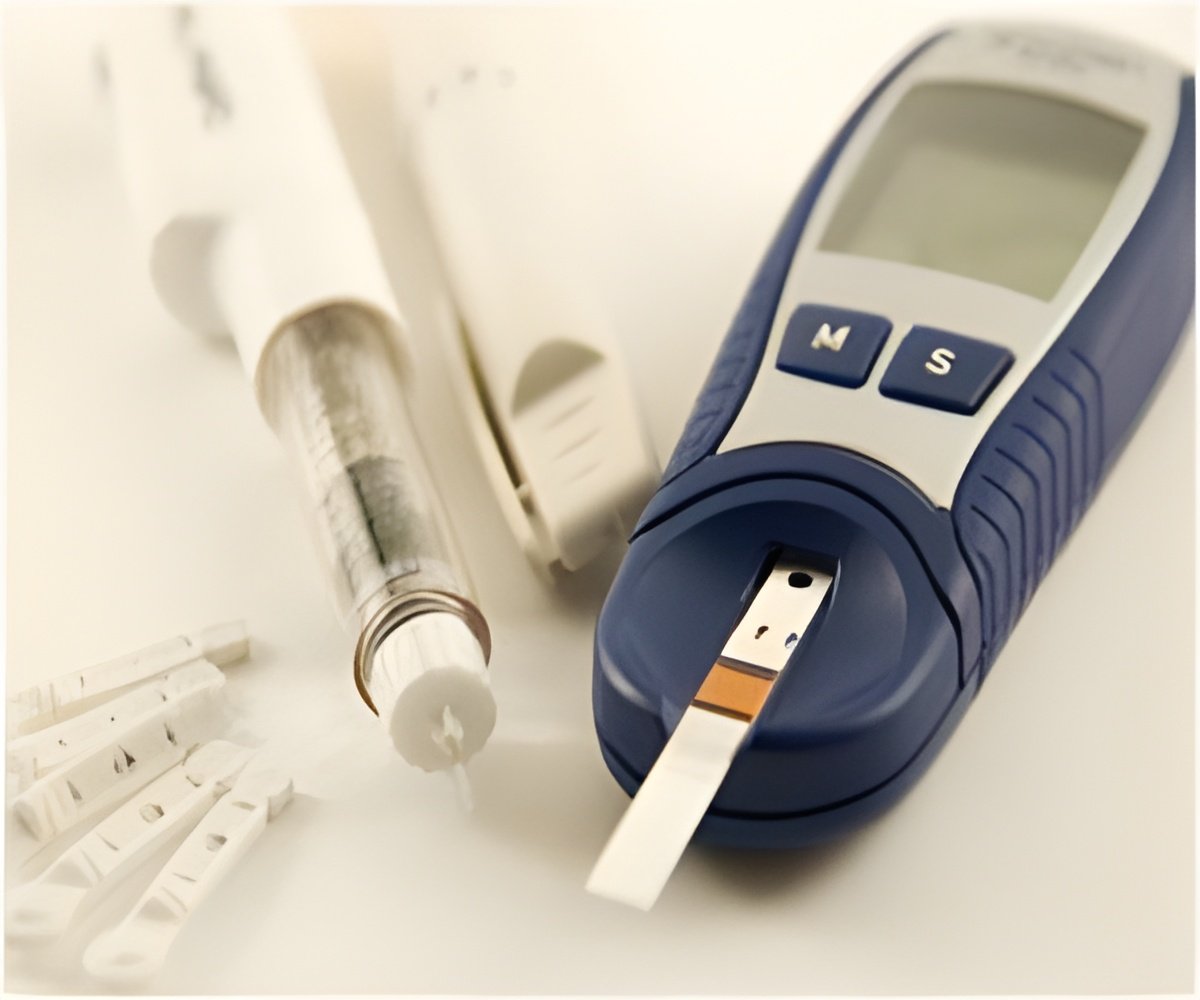A report just released by the Alberta Diabetes Surveillance System (ADSS) shows a need for more teamwork among patients and their health-care providers and more effective

According to the Atlas, many Albertans who have diabetes are not getting the recommended number of laboratory tests. By monitoring the frequency of key laboratory tests along with test results in diabetes patients, health-care practitioners can more easily make decisions about whether to change or intensify therapy. And at a higher level, being able to monitor these values across regions and communities in Alberta allow health-system managers and policy makers to monitor patient populations, identify disparities, and ultimately improve the quality of care.
"Our desire was to enhance the service we are providing to practitioners through the Atlas," explains Jeffrey Johnson, a researcher with the University of Alberta's School of Public Health.
"By including lab data, we are able to look at issues related to quality of care. We've extended the scope, content and depth of the report," says Johnson. "We can identify trends over time, as well as across geography and age."
In 2009, there were nearly 206,000 people living with diabetes in Alberta, 2.5 times more people compared to 15 years ago. Approximately 19,300 of those people were newly identified cases of diabetes that year.
The Atlas is a product of the ADSS and is designed to provide information about diabetes within the province of Alberta, including the incidence, prevalence and use of health-care services for people with diabetes, and information about their related conditions and difficulties.
Advertisement
Source-Eurekalert














